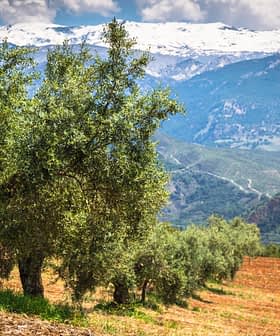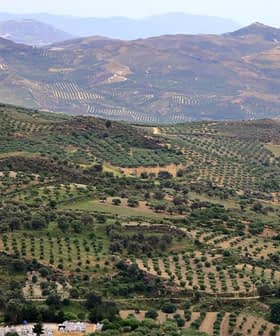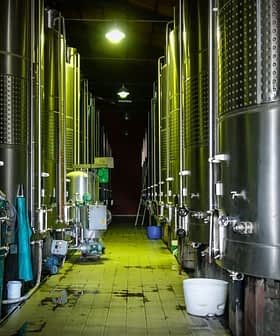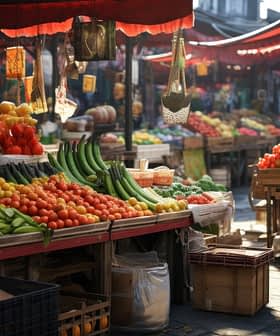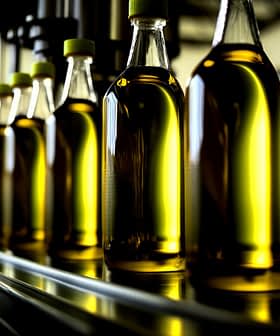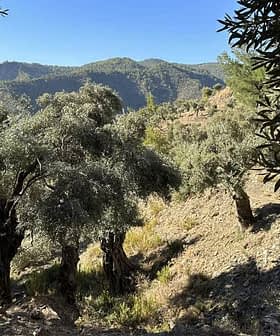Greek Politician Voices Concern for Sector's Vulerability
The problems of south European olive oil producers and ways to face them were expressed in a written question by European Parliament Member, Manolis Kefalogiannis.
 Manolis Kefalogiannis
Manolis KefalogiannisGreek MEP Manolis Kefalogiannis has been asking questions about the challenges facing European olive oil producers, such as adulteration and climate change, but has not received many answers from his colleagues. Kefalogiannis believes that Greek olive oil producers should diversify their sales channels, participate in international competitions, and take advantage of free access to the European market to protect themselves from market distortions and dependency on Italy.
Greek Member of the European Parliament Manolis Kefalogiannis has been posing a series of questions to his colleagues on the problems facing European olive oil producers over the course of his tenure. He has yet to receive much in the way of answers.
The Greeks should diversify the distribution and sales channels. More, they should attend international competitions.
“Olive oil adulteration, disasters due to climate change and pressure on producers, especially in Greece, by intermediaries in the olive oil trade chain, creates much uncertainty about their income,” Kefalogiannis declared in his recent inquiry to the Parliament. “How and which financing instruments will the Commission use to support the export of those products, both within the EU and to third countries?”
“The purpose of the question was to highlight the importance of the olive oil sector, for the southern European countries and especially Greece,” Manolis Kefalogiannis told Olive Oil Times. “The only way to protect the producers — from the production chain to the sale — is by empowering their position against monopoly practices that compress their profits.”
Kefalogiannis wants European Commission to focus on ways that will provide a safety net to producers when the harvest season is not productive due to extreme weather conditions or other disasters.
“Italy is a global leader in olive oil sales, as they have managed to associate olive oil with their gastronomy,” Kefalogiannis said. “This model is so successful that they import olive oil from other European countries like Spain and Greece to cover their huge demand. Drought and the Xylella fastidiosa bacteria caused significant production decrease to Italy and forced Europe to open the market for tax-free imports from non-EU countries, like Tunisia.”
Kefalogiannis said he presents similar olive oil-related questions every year, in the context of parliamentary business. “We have to ensure that such practices will not distort the market against our producers. We could do tax-free imports, only when our reserves run out while enforcing rigorous control in the olive oil trade market.”
European Commission’s statistics show that 70 percent of Greek olive oil produced annually is being exported to Italy. This is the highest percentage of all olive oil producing countries and a big problem for the olive oil sector in Greece as the dependency on the Italian market is immense.
“If our neighbors turn off the olive oil faucet one day, this will cause huge volumes of unsold olive oil that will have an obvious impact on prices,” Kefalogiannis argued. “This fear is realistic. The Greek olive oil quality may be considered high, but other olive oil producing countries invested in the sector and now produce great olive oil, like Tunisia.”
“Greek Olive Oil producers should exploit the advantages of the free access in the European market,” Kefalogiannis advised. “The Greeks should diversify the distribution and sales channels. More, they should attend international competitions and follow the Agriculture Commissioner, who invites European companies of the primary sectors during his business trips around the world.”
“Finally,” Kefalogiannis noted, “the Hellenic Ministry of Rural Development should update and motivate the olive oil companies to participate in these activities.”



